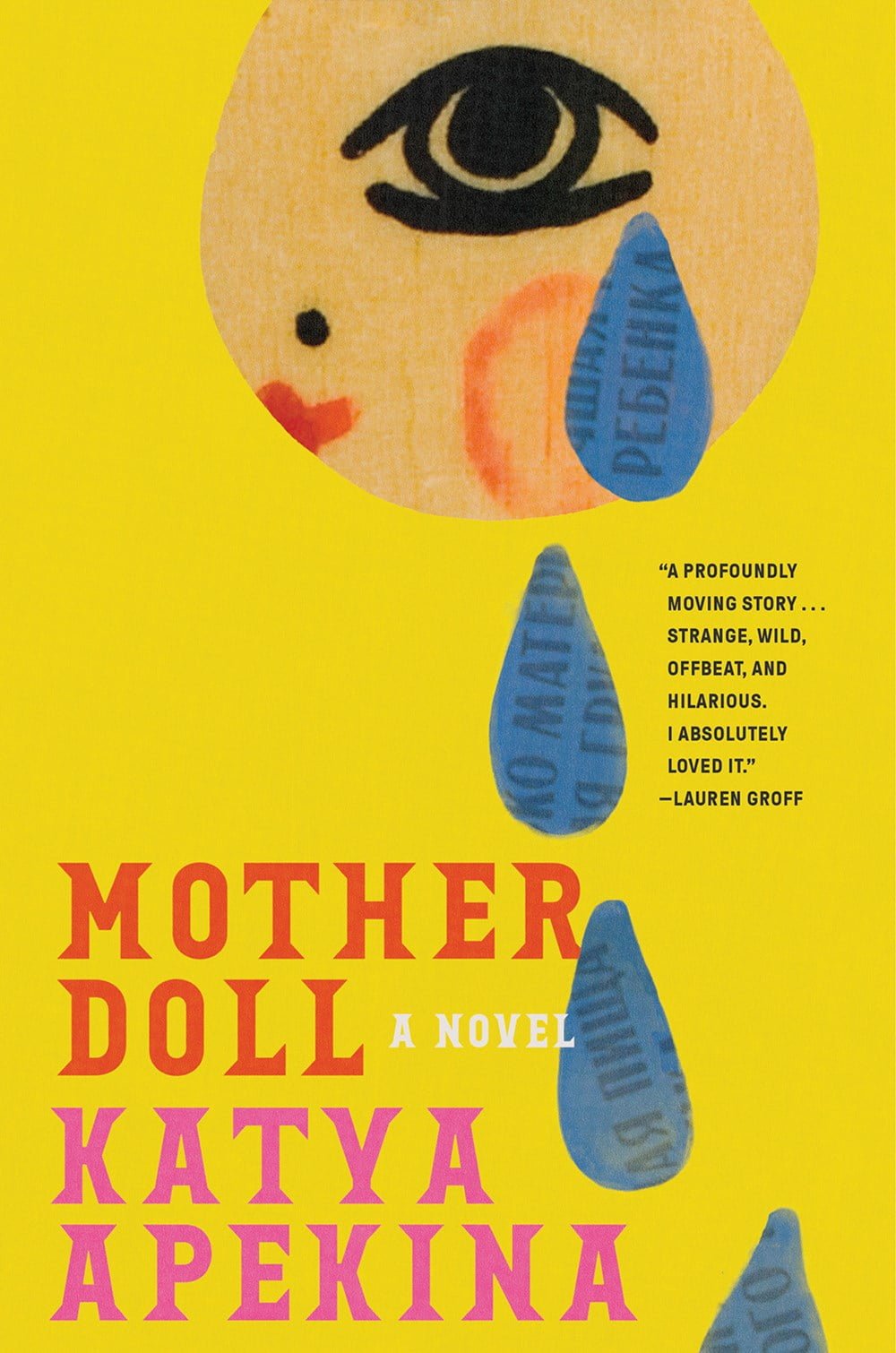Introduction to ‘Mother Doll’
In ‘Mother Doll,’ Katya Apekina masterfully explores the concept of ancestral connection. The narrative revolves around Zhenia, an aspiring actor turned medical translator, who unexpectedly becomes a vessel for her deceased great-grandmother Irina’s life story. Zhenia’s personal struggles and her quest for forgiveness from Irina form the crux of this beautifully crafted novel.

The Intriguing Premise
Zhenia, grappling with her unplanned pregnancy and faltering marriage, receives an unusual phone call from a psychic named Paul. He informs her that Irina, her great-grandmother, seeks to communicate her life story to Zhenia. Through these listening sessions facilitated by Paul, who connects with Irina in a post-death communal ‘cloud’ of regret, Zhenia delves into Irina’s early 1900s Russia, bringing historical events to life in vivid detail.
Generational Pain and Redemption
The narrative’s depth is significantly enhanced by the multigenerational pain that both Zhenia and Irina aim to confront. Irina’s abandonment of Zhenia’s grandmother Vera sets the stage for a poignant exploration of forgiveness and reconciliation. The reader witnesses the intertwined destinies of Zhenia and her ancestor, making their stories parallel yet deeply interconnected.
Apekina’s Literary Achievement
Katya Apekina is no stranger to literary acclaim. Her previous work, ‘The Deeper the Water, the Uglier the Fish,’ was a finalist for the Los Angeles Times Book Prize. In ‘Mother Doll,’ Apekina ventures into fabulism, weaving a narrative that is both compelling and relatable. Her witty and dry humor adds a lightness to the profound subject matter, making it a fast-paced and enjoyable read.
‘Mother Doll’ is a testament to Apekina’s skill in capturing the essence of ancestral histories. It poses the intriguing question: who are we if not the histories of our ancestors? For readers keen on exploring metaphorical depths, this novel offers a rich, wisdom-filled experience that is both thought-provoking and engaging.
